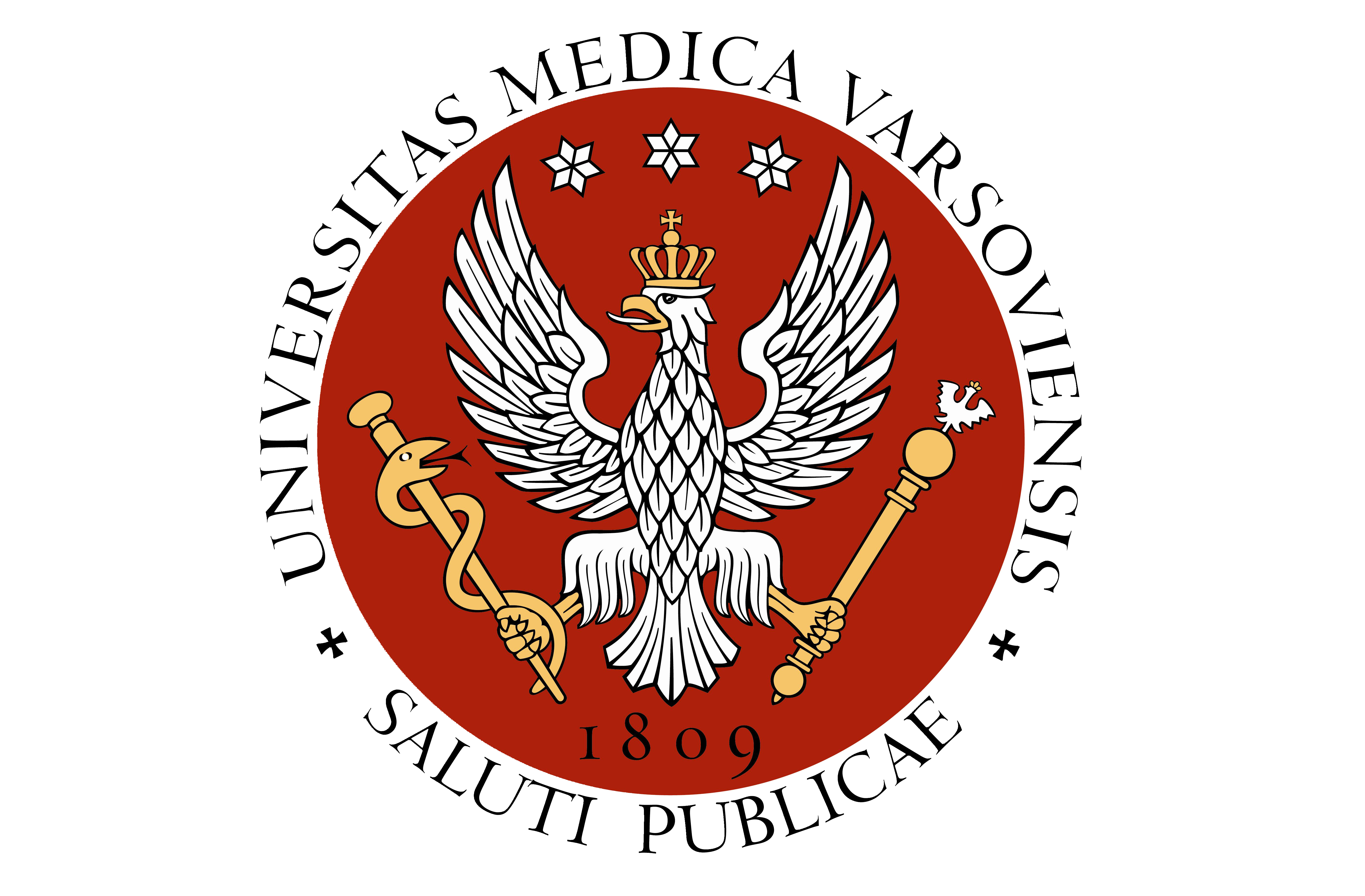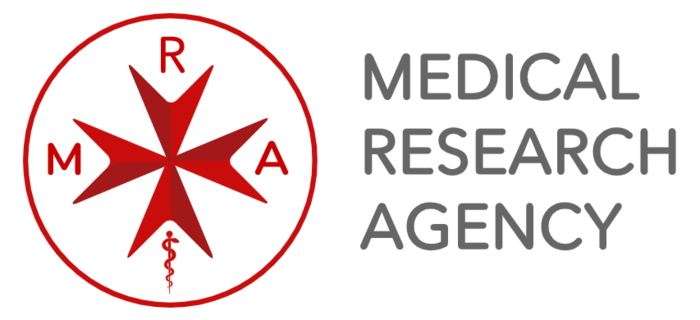The Medical Research Agency (Poland) has awarded two scientific grants for clinical trials using fecal microbiota transplantation!
Medical University of Warsaw, in consortium with Human Biome Institute received two grants from the Medical Research Agency for non-commercial clinical trials! Both projects were prepared by a team led by our CEO Jarosław Biliński, MD, PhD from the Department of Hematology, Transplantology and Internal Diseases of the Medical University of Warsaw. The research was very highly rated – on the 2nd and 6th place in the ranking classification. The co-financing amounts to a total of nearly PLN 10 million ($2.5 mln).

The first study – ranked on the second place, in which the role of the Principal Investigator possess Prof. Ernest Kuchar MD, PhD, from the Pediatrics Clinic with the Isolation and Observation Department of the Medical University of Warsaw, will be performed to compare, head-to-head, the most effective method of treating C. difficile infections (the most common nosocomial infection with antibiotic-resistant bacteria) in view of the increasing frequency of infections and the emergence of new treatment options, e.g. Fecal microbiota transplantation (FMT) or monoclonal antibody (bezlotoxumab). The aim of the study is to increase the likelihood of recovery and non-recurrence of Clostridioides difficile (formerly Clostridium difficile; C. difficile infection; CDI) infection within the first 12 weeks after an initial episode of infection (global cure). This is in response to ESCMID’s recommendation to conduct well-designed trials comparing several of the most commonly used or encouraging interventions to provide a clinical answer on what to use, what is most effective and which treatment has the best cost-economic profile to guide practitioners. To get a credible answer on how physicians should treat patients at high risk of CDI recurrence, this study with four interventions is proposed:
ARM 1 vancomycin + FMT,
ARM 2: vancomycin + bezlotoxumab,
ARM 3: fidaxomicin,
ARM 4: vancomycin as the standard of treatment (especially in Poland, this drug is the only one most available in the first-line treatment, because fidaxomicin, bezlotoxumab and FMT are not reimbursed separately).
The study was designed as an open-label, randomized study. The target population includes the population of adult Polish patients at risk of severe and/or recurrent CDI (also first line treatment).

The second study – ranked sixth place, in which our CEO Jarosław Biliński MD PhD, also from the Department of Hematology, Transplantology and Internal Diseases of the Medical University of Warsaw is the Principal Investigator, concerns the development of a standard for decolonization of antibiotic-resistant bacteria from the gastrointestinal tract of patients colonized with them as a revolutionary, new method of fighting with antibiotic-resistant infections in the absence of active interventions in this indication, and to decrease infection risk, especially in cancer patients. Experts predict that soon, antibiotic resistance will lead to more deaths than cancer. The latest report published in the Lancet journal shows that in 2019, the phenomenon of antibiotic resistance led to more deaths than HIV/AIDS or malaria – the number of deaths related to antibiotic resistance was estimated at 4.95 million, of which 1.27 million were directly related to antibiotic resistance. It is estimated that up to 10 million people in the world will die annually due to antibiotic resistance by 2050. Globally, the total cost of ARB infections will be $100 billion by 2050. The World Bank predicts that by 2050, annual GDP will fall by 1.1% in a low-burden scenario, or 3.8% in a high-burden scenario, compared to a hypothetical no-ARB scenario.

In view of the above, e.g. WHO and global institutions for infectious diseases (CDC, ECDC) call for an active search for new strategies in the fight against antibiotic resistance. The team of Dr. J. Biliński and Prof. G. Basak showed that intestinal/fecal microbiota transplantation (FMT) and/or other factors modulating microbiota may be a new method of decolonization and reduction of the risk of antibiotic-resistant infections.
The study is designed as an open-label, randomized, three-arm, unblinded, intervention study. The aim of the study is to assess the effectiveness of fecal microbiota transplantation (FMT), probiotic therapy preceded by pre-treatment and the equivalent of the current standard of care in the form of a diet stimulating eubiosis (active comparator against the lack of any active intervention recommended by Scientific Societies) in decolonization of the most clinically significant antibiotic-resistant bacteria from the gastrointestinal tract of colonized patients.
More information can be found on the website of the Medical Research Agency [LINK].
